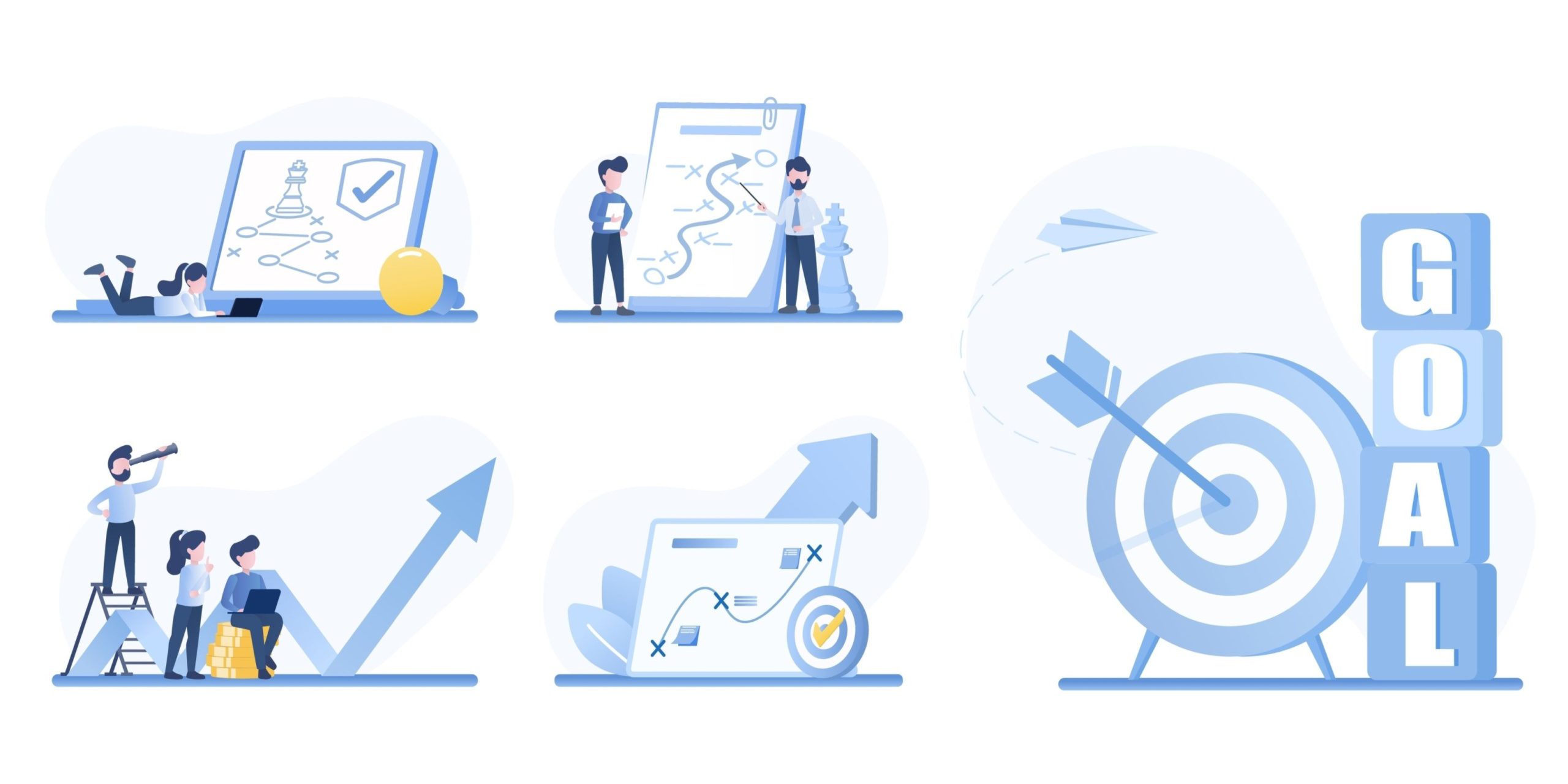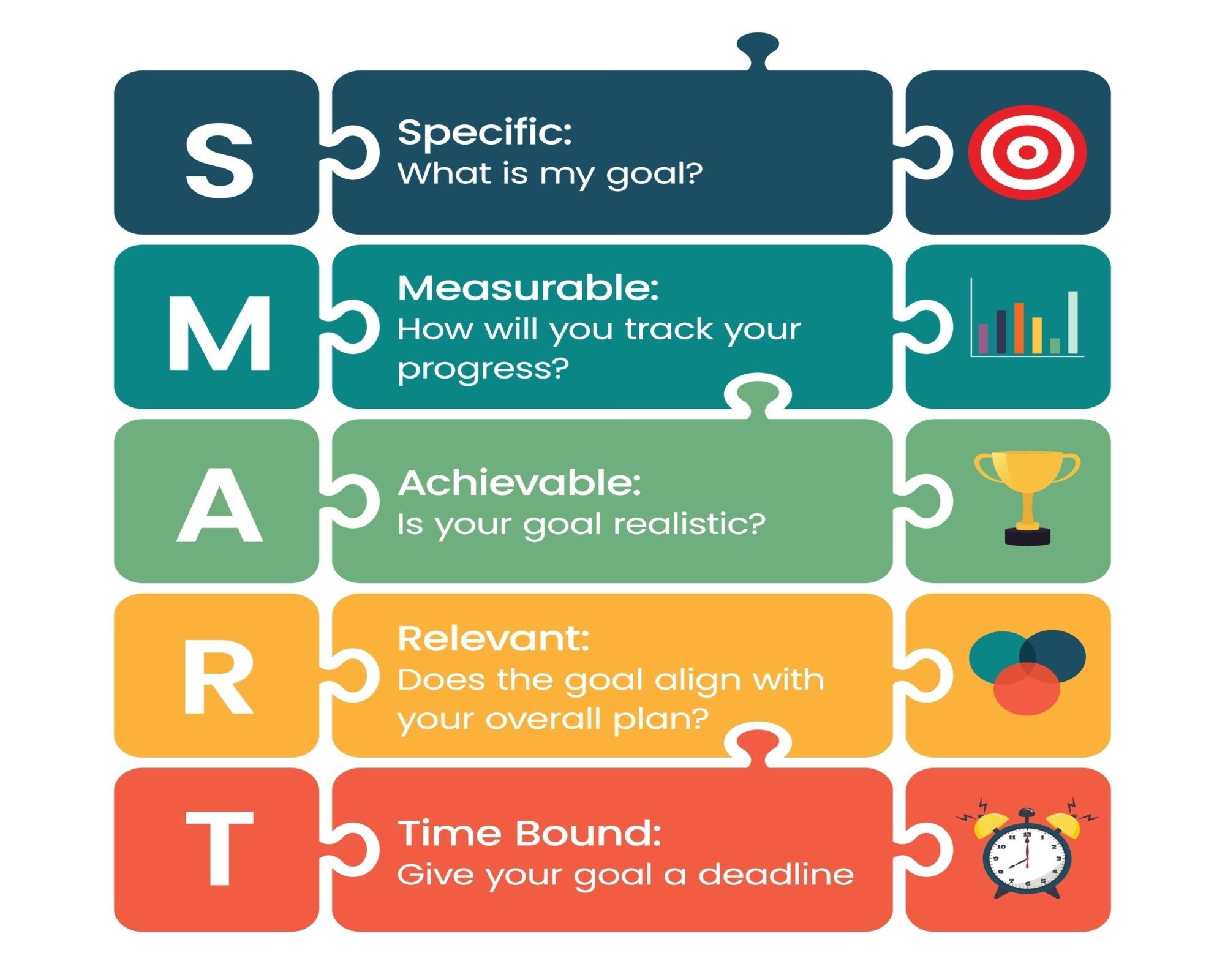PMP is an important strategy for evaluating employees’ performance and contribution to the organisation. Moreover, it plays a significant role in achieving organisational growth and development. This blog will explore various aspects of PMP and guide you in implementing it in your organisation.
What is a Performance Management Plan?
Performance management is an ongoing process that involves planning, monitoring, and reviewing an employee’s work objectives and overall contribution to the organisation. It is not a one-time event but a continuous cycle aimed at improving performance and productivity.
Goals of Performance Management Plan

The primary goals of performance management include:
- Aligning individual performance with organisational goals.
- Identifying areas for improvement and development.
- Facilitating communication between employees and management.
- Improving overall organisational performance.
What are the components of PMP?
A solid performance management plan is important for driving employee engagement, productivity, and overall organisational success. Here are the five key components that form the foundation of an effective PMP:
Goal Setting

Setting clear, achievable goals is the foundation of any performance management plan. These goals should be specific, measurable, attainable, relevant, and time-bound (SMART). Moreover, clear goals provide direction and help employees understand what is expected of them. Furthermore, regularly reviewing and adjusting these goals ensures they align with organisational objectives.
Continuous Feedback
Continuous feedback is crucial for employee development and performance improvement. Managers should provide constructive and positive feedback instead of relying solely on annual reviews. Hence, this approach helps employees understand their strengths and areas for improvement in real time, promoting a culture of continuous learning and development.
Performance Appraisals
Formal performance appraisals are an important component of a performance management plan. They provide a structured opportunity to evaluate employee performance against set goals. Moreover, they should be conducted regularly and based on objective criteria. Effective appraisals include self-assessment, peer reviews, and manager evaluations to provide a complete view of performance.
Development Plans
Development plans are important for employee growth and career progression. These plans should outline specific training, education, and skill development activities to improve employees’ performance and help them achieve career goals. Moreover, development plans help employees feel valued and invested, increasing job satisfaction and retention.
Regular Reviews
Regular performance reviews are vital for maintaining momentum and ensuring continuous improvement. These reviews should be more frequent than annual appraisals and provide a platform for discussing progress, addressing issues, and adjusting goals or development plans as necessary. Moreover, regular reviews help keep employees engaged and motivated by recognising their achievements and addressing challenges.
Benefits of Performance Management Plan
A well-structured PMP is a powerful tool that benefits both individuals and organisations. It facilitates a culture of continuous improvement, leading to individual and organisational growth and success.
For individuals, a performance management plan provides:
- Improved Performance: Clear expectations, regular feedback, and opportunities for development lead to improved individual performance and skill development.
- Increased Engagement and Motivation: Feeling valued and supported in their role fosters a sense of purpose and ownership, leading to higher engagement and motivation.
- Career Development: Performance management helps identify strengths and weaknesses, enabling individuals to chart their career paths and set goals for advancement.
- Improved Communication and Feedback: Regular check-ins and open communication channels create a more transparent and supportive work environment.

For organisations, a performance management plan offers:
- Goal Alignment: Aligning individual goals with organisational objectives ensures everyone is working towards the same strategic vision.
- Increased Productivity: Focusing on performance improvement leads to a more efficient and productive workforce.
- Reduced Turnover: Engaged and motivated employees are less likely to leave, leading to lower turnover costs and improved talent retention.
- Data-Driven Decision Making: Performance data provides valuable insights for strategic performance management and resource allocation.
- Improved Talent Management: Identifying and developing high-potential individuals strengthens the organisation’s talent pipeline for future leadership roles.
- Stronger Employer Brand: A positive performance management culture attracts and retains top talent, improving the organisation’s reputation as a desirable employer.
How do you implement a Performance Management Plan?
Putting a PMP into action requires careful planning and execution. Here’s how you can get started:
Define Objectives and Goals
Begin by clearly defining the objectives and goals of the PMP. What outcomes do you hope to achieve? How will the plan support the organisation’s strategic goals? Establishing clear objectives provides a roadmap for implementation.
Communicate Expectations
Transparent communication is important for successful implementation. Communicate the purpose of the performance management plan to all employees, outlining expectations, timelines, and the role of managers and employees in the process.
Train Managers and Employees
Provide training and support to managers and employees on the performance management process. Performance managers should understand how to set SMART goals, provide constructive feedback, and conduct fair and objective evaluations.
Set Performance Metrics
Identify key performance indicators (KPIs) or metrics to measure progress towards goals. These metrics should be quantifiable and linked to the overall objectives of the performance management plan.

Provide Continuous Feedback
Encourage regular, continuous feedback between managers and employees. Feedback should be constructive, timely, and focused on strengths and areas for improvement. As a result, it opens dialogue and communication to address any issues or concerns as they arise.
Conduct Performance Reviews
Schedule regular performance reviews to assess progress towards goals and provide formal feedback. Performance reviews should be conducted in a structured, objective manner, focusing on achievements, challenges, and opportunities for growth.
Recognise and Reward Success
Acknowledge and reward high performers for their achievements. Recognition can take many forms, including praise, bonuses, promotions, or other incentives reinforcing desired behaviours and outcomes.
Evaluate and Adjust
Regularly evaluate the effectiveness of the performance management plan and make adjustments as needed. Solicit feedback from managers and employees to identify areas for improvement to meet the organisation’s needs better.
Conclusion
A performance management plan is essential for improving employee performance, aligning efforts with organisational goals, and promoting a culture of continuous improvement. Organisations can achieve remarkable results by setting clear objectives, providing regular feedback, and supporting development.
You can learn more about performance management by visiting the Unified Course. Moreover, our courses are knowledge-based and entirely focused on providing valuable insights. Furthermore, you can take our project management course to elevate your management skills.



